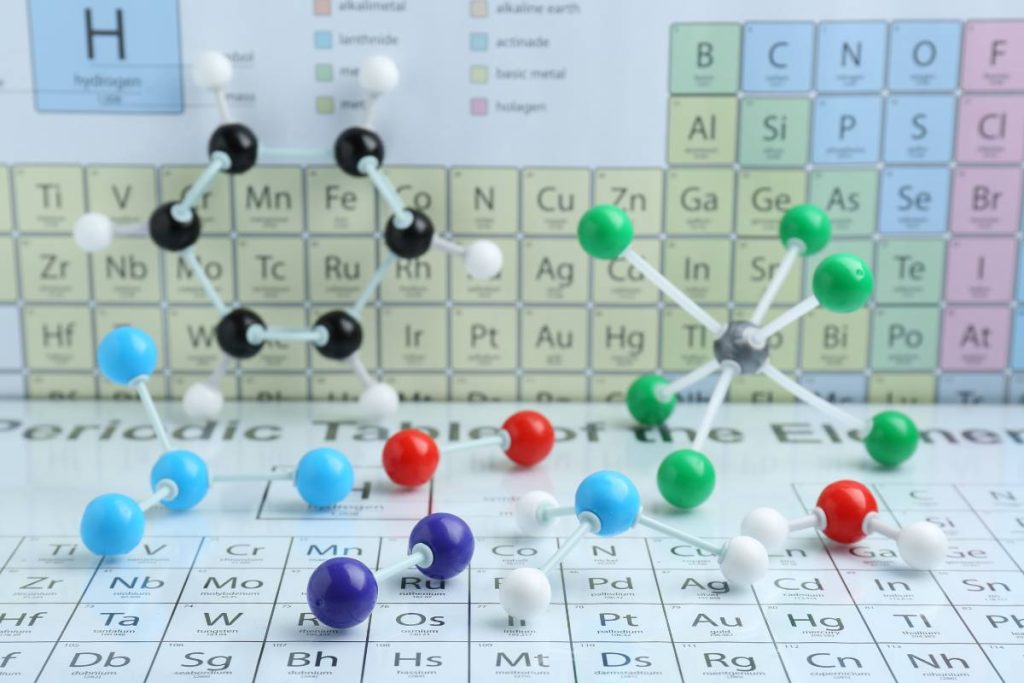As a teacher, finding innovative ways to review crucial concepts with your students can be a game-changer, especially when it comes to complex science topics. Integrating fun classroom review games into your teaching strategy can break the monotony of traditional teaching methods in an interactive and collaborative learning environment.
I want to share with you five science-themed games for your next review sessions. Each game is designed to cater to various aspects of the science curriculum, making difficult topics more accessible and enjoyable for your students.
1. Periodic Table Bingo

- Grade Level: 6th grade and up
- Materials: Bingo cards with periodic table elements, markers, and a list of element clues.
- Time: 30 minutes
- How to Play: Create bingo cards with symbols of elements from the periodic table instead of numbers. Call out clues related to the elements (such as “This element is a noble gas and is the lightest of its group”), and students mark their cards if they have the symbol that matches the clue. The first to get five in a row wins.
2. Habitat Scavenger Hunt
- Grade Level: 2nd to 5th grade
- Materials: Pictures or cards depicting different animals, plants, and habitats, as well as envelopes.
- Time: 45 minutes
- How to Play: Place cards or pictures in various envelopes and hide them around the classroom or schoolyard. Each envelope should represent a different habitat (forest, desert, ocean, etc.) containing species that live there. Students work in groups to find the envelopes and match the species to the correct habitat, learning about biodiversity and ecosystems in the process.
3. Cell Structure Memory Game
- Grade Level: 4th to 8th grade
- Materials: Cards with pictures/names of cell parts (e.g., mitochondria, nucleus) and their functions.
- Time: 20-30 minutes
- How to Play: Spread out the cards face down. Students take turns flipping over two cards at a time, trying to match cell parts with their functions. This game reinforces understanding of cell biology and the functions of various organelles.
4. Physics Pictionary
- Grade Level: 5th grade and up
- Materials: Whiteboard or large paper, markers, and cards with physics terms.
- Time: 30-40 minutes
- How to Play: Similar to traditional Pictionary but with physics terms. Divide the class into teams. One student from a team draws a term (like “gravity” or “momentum”) without speaking, and their team must guess the term within a set time. This game helps with understanding and recalling physics concepts.
5. Ecosystem Jenga
- Grade Level: 3rd to 7th grade
- Materials: Jenga blocks, markers, and a list of ecosystem components (e.g., sun, water, plants, herbivores).
- Time: 30-45 minutes
- How to Play: Write different components of an ecosystem on each Jenga block. As students take turns removing blocks, they must describe how the piece they’ve pulled out affects an ecosystem. If the tower falls, the class discusses how ecosystems can collapse if too many elements are removed or altered. This game provides a hands-on understanding of ecosystems and interdependencies within them.
These games not only make science review sessions more engaging but also cater to different learning styles, encouraging students to interact with the material in a hands-on and memorable way.

